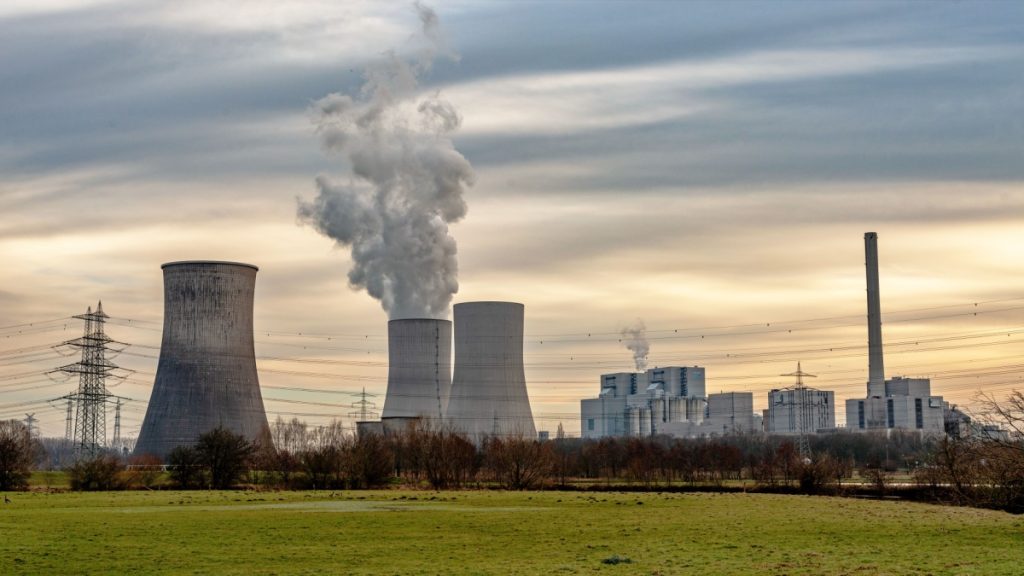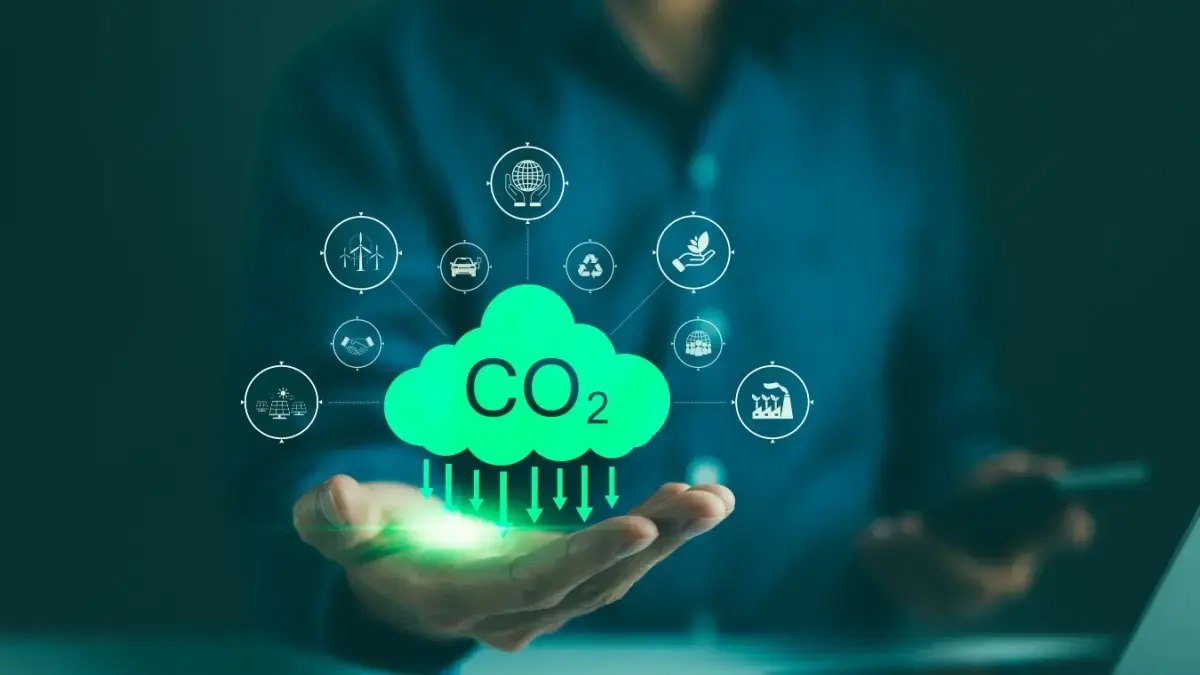Carbon, although fundamental to life on Earth, has an ambivalent reputation in contemporary times. As a central component of biological molecules, it is part of the carbon cycle, in which it returns to the environment. However, human activities lead to excessive emissions of CO2, which exceed the absorption capacity of natural sinks and exacerbate climate change. This paradox raises the question: is carbon truly good or bad for our planet?
The essence of the information
- Carbon: essential element for life on Earth, key component of biological molecules.
- Part of the carbon cycle, an essential movement between natural reservoirs.
- Human activities worsen climate change by releasing too much CO2.
- Conflicting impact: essential for life but a source of climate change.
Carbon, Essential Element for Life
The carbon is central to everything that makes life on Earth. It is present in all biological molecules and forms the fundamental basis of organic chemistry. Molecules such as proteins, carbohydrates, and nucleic acids would not exist without this element. Its ability to form strong chemical bonds creates a wide range of vital substances that support essential biological processes.
The Carbon Cycle and Its Importance
Carbon is continuously recycled in the environment through the carbon cycle. This movement involves the reuse of carbon stored in the atmosphere, oceans, lithosphere, and biosphere. For example, photosynthetic organisms play a crucial role by absorbing carbon dioxide (CO2). In this way, they help regulate CO2 levels and maintain the balance necessary for life.
Origin and Storage of Carbon
The presence of carbon on our planet originates from massive stars at the end of their life, which spread carbon into the universe upon their explosion. As the primary source of the element, these cosmic events have ensured that carbon arrives on Earth, where it is then stored in various reservoirs, thereby contributing to the balance of ecosystems.
This massive project of 1.7 billion liters of water pushes Israel toward an innovative water future
Impact of Human Activities
However, human activities, particularly the use of fossil fuels, emit more CO2 than natural sinks can absorb. This excess carbon dioxide exacerbates the effects of climate change, leading to disruptions in the carbon cycle that once regulated our climate. Natural sinks are exposed to unprecedented pressure, jeopardizing long-term climate stability.

Carbon Conflict: Life vs. Climate Change
A conflict thus arises: carbon is both the source of life on Earth and an agent of climate change. While this element is essential for the proper functioning of all biological systems, the increasing concentration of it in the atmosphere due to human activities poses a significant challenge to our future livability. This paradox highlights the need for a balanced approach to managing carbon sources without harming the ecosystem.

